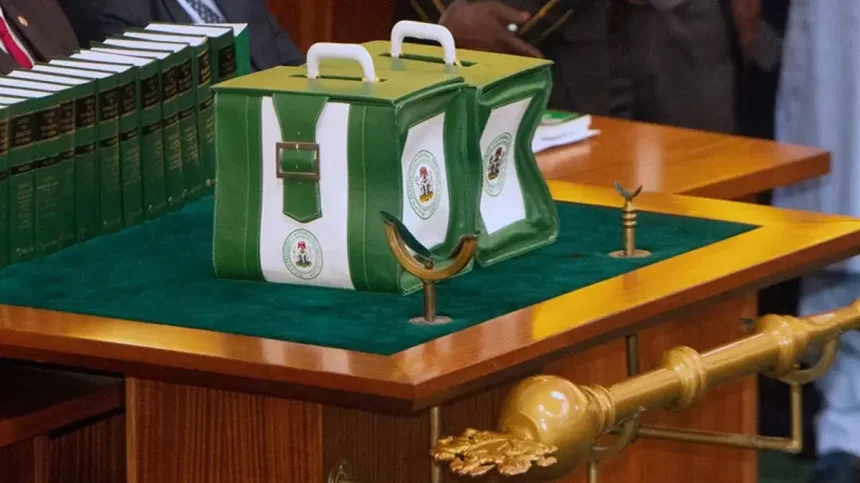BudgIT, a leading civic tech organization advocating for transparency in Nigeria’s public finances, has uncovered the insertion of over 11,000 projects worth approximately ₦6.93 trillion into the 2025 federal budget—projects it says lack transparency and strategic alignment with national priorities.
According to Nancy Odimegwu, Senior Communications Associate at BudgIT, the issue of unauthorized or poorly justified budget entries has evolved into a systemic problem. “What began as sporadic anomalies has now become a deeply entrenched practice of manipulation, primarily driven by senior members of the National Assembly,” she said.
BudgIT’s analysis identified 238 large-scale projects, each valued above ₦5 billion and totaling ₦2.29 trillion, that were inserted without adequate justification. The report further pointed out 984 projects valued at ₦1.71 trillion and 1,119 others costing between ₦500 million and ₦1 billion (amounting to ₦641.38 billion) that were included arbitrarily.
“These insertions appear to be designed more for political patronage than for meaningful development,” Odimegwu said. “They reflect a misalignment with the country’s pressing needs and suggest a prioritization of personal or partisan interests over public welfare.”
Additional findings reveal that 3,573 of the flagged projects, worth ₦653.19 billion, were assigned to specific federal constituencies, while 1,972 projects valued at ₦444.04 billion were directed to senatorial districts.

BudgIT highlighted several striking patterns among the allocations:
1,477 streetlight projects totaling ₦393.29 billion
538 borehole projects worth ₦114.53 billion
2,122 ICT-related projects estimated at ₦505.79 billion
₦6.74 billion allocated for the “empowerment of traditional rulers”
Most notably, the Ministry of Agriculture’s capital budget was disproportionately affected, ballooning from ₦242.5 billion to ₦1.95 trillion due to 4,371 inserted projects—nearly 40% of all additions. Similar inflationary trends were observed in the Ministries of Science and Technology, and Budget and Economic Planning, which saw capital boosts of ₦994.98 billion and ₦1.1 trillion, respectively.
The report also criticized the practice of using certain institutions as conduits for politically driven projects, particularly the Nigerian Building and Road Research Institute in Lagos and the Federal Cooperative College in Oji River. These agencies, BudgIT claims, lack the infrastructure and expertise to implement the projects assigned to them.
“For example, the Federal Cooperative College, a training-focused institution, was allocated ₦3 billion for utility vehicles, ₦1.5 billion for rural electrification in Rivers State, and ₦1 billion for solar-powered streetlights in Enugu. These are clearly outside its functional scope,” the report stated.
Despite the scale and implications of these findings, BudgIT noted that the executive arm of government has yet to respond. The organization had previously launched the “Budget is a Mess” campaign in late 2024 to draw attention to these irregularities.
BudgIT’s Country Director, Gabriel Okeowo, called for urgent reforms to restore accountability in Nigeria’s budgeting framework. He warned that the unchecked influence of lawmakers in project allocation undermines development goals, erodes public trust, and leads to gross mismanagement of public resources.



